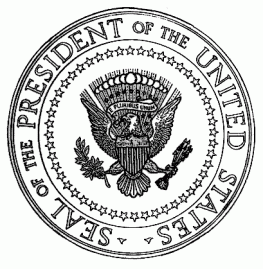MeWe Blog | July 8, 2014 | By Manik Suri
 At MeWe, we’re building lightweight, easy-to-use tools to help citizens and cities work together more effectively. We are a team of entrepreneurs and engineers passionate about improving how communities works — in order to make individuals’ lives better.
At MeWe, we’re building lightweight, easy-to-use tools to help citizens and cities work together more effectively. We are a team of entrepreneurs and engineers passionate about improving how communities works — in order to make individuals’ lives better.
Food, housing, and building inspections are critical to public safety. Yet public and private sector inspectors struggle to enforce legal codes due to limited resources and inefficient paper-and-pencil workflow. Our product, “MeWe CoInspect,” is a workflow tool that leverages the power of mobile technologies and the crowd to make inspections easier, faster, and better. Read more about our work here.








